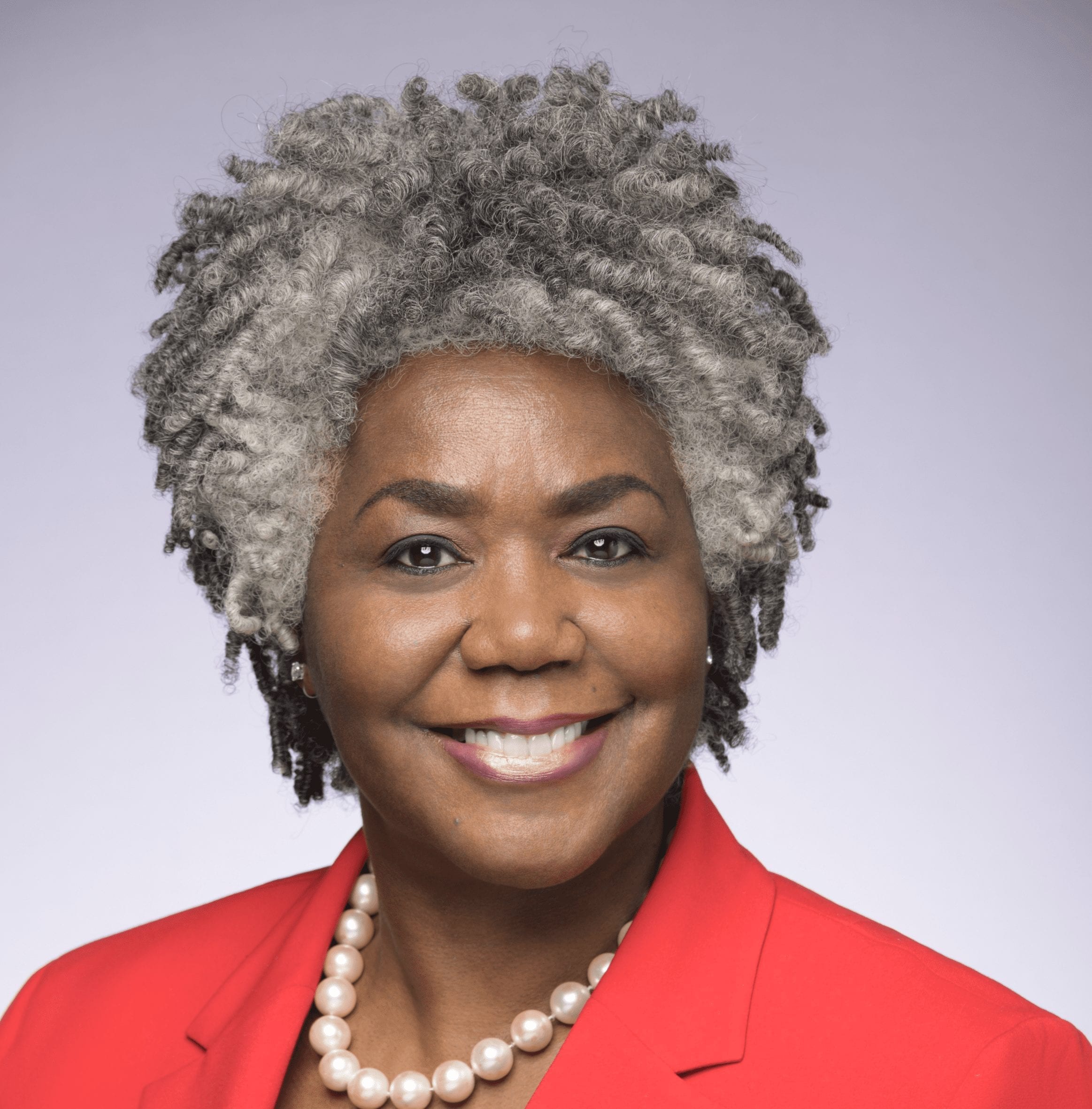In September, the Steve Fund’s Crisis Response Task Force released its report titled “Adapting and Innovating to Promote Mental Health and Emotional Well-Being of Young People of Color: COVID-19 and Beyond.” In response to the disproportionate impact of the pandemic on communities of color and the racial unrest following the deaths of unarmed Black people including George Floyd, the report outlines guide posts and implementation strategies for organizations seeking to support the mental health of young people of color, particularly institutions of higher education and workplaces with young talent.
The Crisis Response Task Force who collaborated to create this novel education and implementation tool includes mental health and medical professionals, corporate executives, researchers, students, higher education administration, and other industry experts, as well as the Steve Fund’s President, Evan Rose, and Interim Executive Director, Sandra Timmons.
The Steve Fund Crisis Response Task Force’s five recommendations for colleges and universities:
1. Build Trust Through Racial Trauma-Informed Leadership
2. Take a Collaborative Approach to Promote Mental Health for Students of Color
3. Engage Faculty and Staff to Support Mental Health of Students of Color
4. Treat Student Mental Health as a Priority Area for Investment
5. Leverage Community and External Stakeholders to Promote Emotional Well-Being of Students of Color
The implementation suggestions across the five recommendations center around dialogue with a focus on enacting community-wide change. Examples include forming mental health task forces and DEI committees; taking stock of available resources across schools and departments and finding ways through technology, other services, and/or improved communication to close any gaps in support; and adopting course design, academic standards, and advising policy that promote inclusive and foster a culture of wellbeing in academics across the institution.
Previous work from the Steve Fund includes the Equity in Mental Health Framework, a joint initiative with the JED Foundation that offers colleges and universities ten recommendations to improve students’ access to and experiences with college mental health resources.



